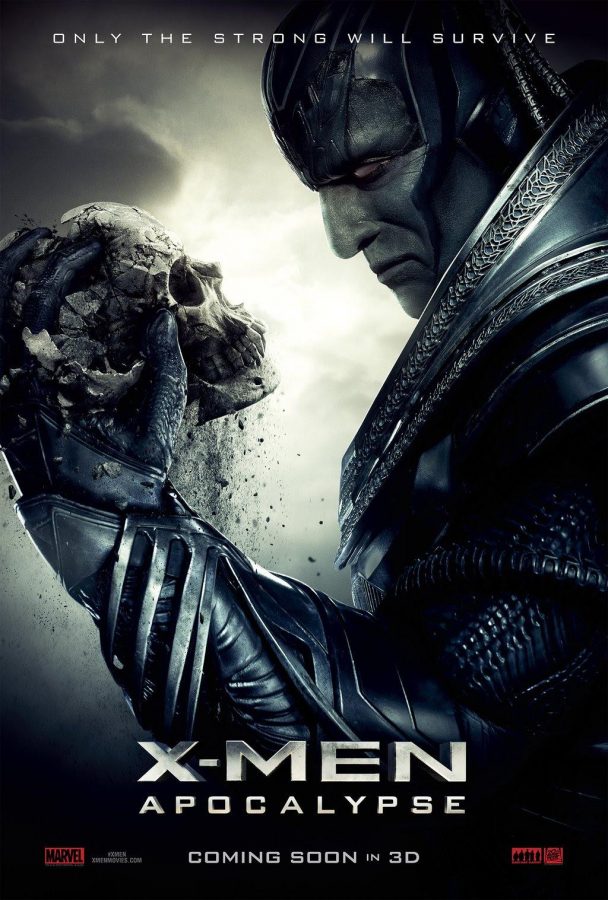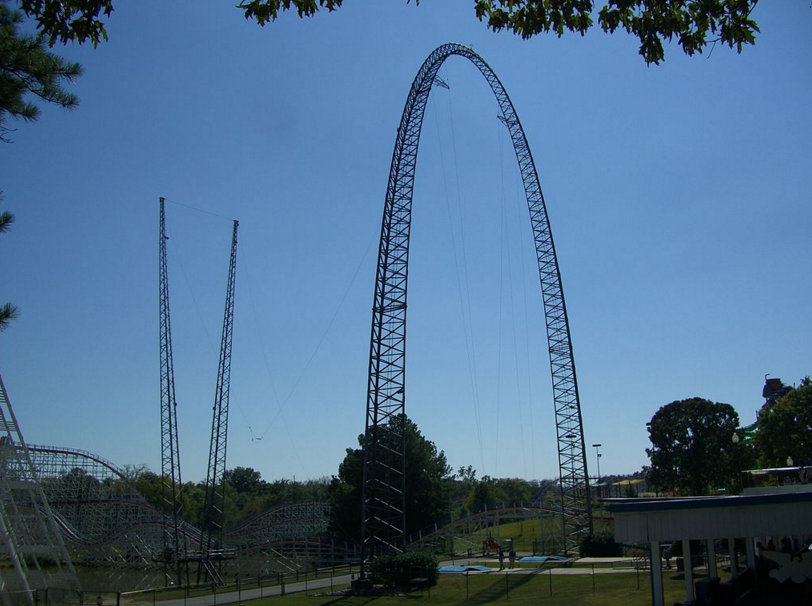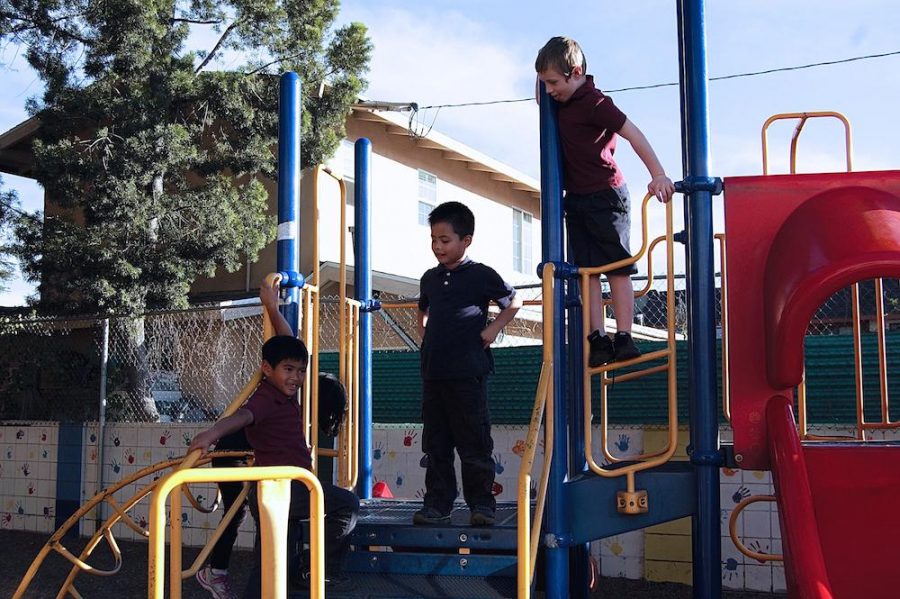(September 19, 2012) — On Aug. 25, the nation lost one of its most cherished heroes, Neil Armstrong. The famed first man on the moon left behind a remarkable legacy from his moon mission on June 20, 1969. Although it has been about 40 years since that memorable flight, people today still remember and honor Armstrong’s scientific successes. English teacher Stephanie Sajjadieh remembers the day that her twelve-year old self heard the news of the first man on the moon. Sajjadieh said she heard about Armstrong’s highly-publicized feat through a car radio broadcast while on her way to a double-feature film. With national morale at an all-time high, Sajjadieh remembered the “grandiose expectations” with which 1960s society regarded the event. “Growing up watching futuristic television shows like The Jetsons, I thought back then that we would be able to accomplish colonizing the moon in just a matter of years,” reminisced Sajjadieh. “At the time, it seemed that possibility was limitless.” According to Sajjadieh, the most memorable moment of her experience was hearing Armstrong’s iconic quote, “That’s one step for a man, and one giant leap for mankind.” “[Armstrong’s comment] added a perfect sound bite to an extraordinary event that is still used today,” Sajjadieh added. Upon looking back, Sajjadieh said that it wasn’t until she heard of Armstrong’s death that she realized the true magnitude of the moon landing. In the midst of the Cold War conflicts with the Soviet Union and the bloody Vietnam War, Armstrong’s accomplishment not only brought pride to the United States, but also some much-needed positive news that continues to resonate with many, including Sajjadieh and some young people today. Many young people who were not alive at the time of Armstrong’s moon mission agree that Armstrong helped create a greater sense of patriotism by becoming the first man to walk on the moon. “During a difficult time like the Arms race between the US and the Soviet Union, Armstrong was able to defy the odds and achieve an amazing scientific accomplishment for his country,” junior Tatevik Stepanyan said. Learning of Armstrong’s passing from a lecture in history teacher Nick Doom’s AP US History class, Stepanyan said that while she is saddened by his passing, she feels that Armstrong had a fulfilling, respectable life. “I respect the courage and willingness he had to risk his life for the space mission,” Stepanyan said. “He didn’t know if he was going to come out alive or not, but he did it for his country.” Like Stepanyan, Tech-literacy teacher David Black was not alive on the day of Armstrong’s moon mission, but he still views Armstrong as an American hero. When he learned of Armstrong’s passing, Black said that he immediately shared information about Armstrong’s Apollo 11 moon mission with his 9th grade Tech-Literacy class. Black felt that Armstrong’s moon landing was an important event in American history, and goes hand-in-hand with the class’s curriculum of technology and its impacts on society. According to Black, Armstrong was able to manually land the spacecraft when its computer system malfunctioned and was a “hero that you could really look up to and admire their achievements.” A strong supporter of NASA, the national outer-space program that funded Armstrong’s Apollo 11 mission, Black supports sending people in on space missions like Armstrong’s because “[space travel] gives us a common goal to reach towards.” However, Black stated that due to a lack of government funding, American astronauts will no longer venture into the unknowns of outer space as Armstrong did. “It’s disheartening that we’re no longer sending people to space,” Black said, “However, we are still doing great things with space robotics and I hope that sometime in the future Americans will be able to return to the moon.” For the people of the 1960s and 1970s, Armstrong was more than just another American scientist or explorer. Coming from humble roots and a small town, Armstrong exemplified the endless possibilities of the “American Dream.” Armstrong’s perseverance, courage, and accomplishments demonstrate the true heroism that lied behind the first man on the moon. Armstrong will surely be missed and remembered by the American public as the man who made the impossible, possible.
Categories:
Remembering Neil Armstrong: a Lunar Legend
September 19, 2012
More to Discover








